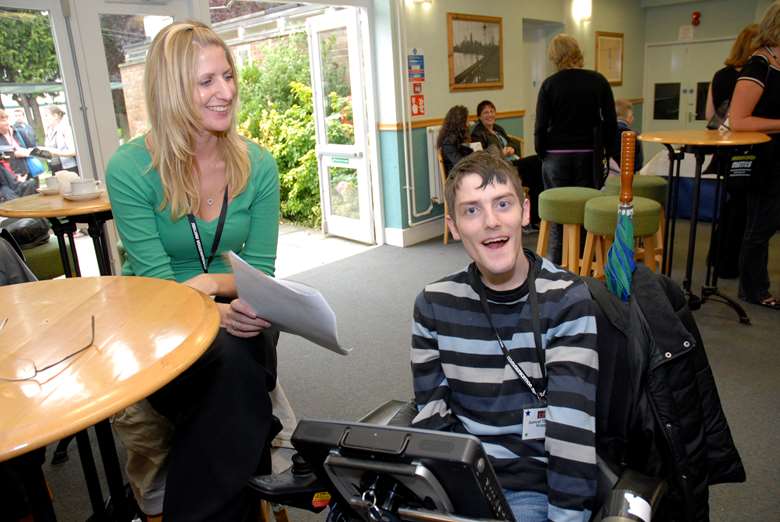Children face postcode lottery for communication aids
Derren Hayes
Wednesday, July 31, 2013
There is a postcode lottery in accessing electronic aids for children and young people with communication impairments, new research suggests.

More than five years after the publication of the Bercow Review, which first highlighted the inconsistent nature of NHS provision of communication aids across England, analysis of data has discovered "strong evidence" that a postcode lottery still exists for children and young people.
The research by Royal Holloway academic Joseph Reddington found that there was no provision of communication aids for children, young people or adults in a range of NHS regions across the country.
The analysis showed that up to nine million people of all ages across England – one sixth of the total population – lived in places where augmented and alternative communication (AAC) devices were not purchased by an NHS trust.
Previous research by charity Communications Matters estimated that more than 75,000 children and young people in the UK could benefit from some type of AAC.
Dr Reddington's research shows that in areas with similar-sized populations, NHS commissioners have very different approaches to supplying AAC devices; with some found to be providing nothing while others of the same size, such as Gloucestershire and Telford & Wrekin, offering good services.
He said: "In 2008, John Bercow's independent review found that provision of services for children and adults with communication impairment was 'unacceptable' with families perceiving there to be a postcode lottery and service providers acknowledging that national coverage is variable and ad hoc. This work confirms that the postcode lottery that Bercow mentioned is very real."
Katie Holmes, research manager at Communication Matters, said: “Communication Matters welcomes this contribution to the research data on the inequity of AAC service provision. Research carried out by the University of Sheffield for Communication Matters as part of our AAC Evidence Base research project, confirmed that there is little consistency in the provision of communication aids services across the UK and that there appear to be significant gaps in provision across the country.
"The research also found that there is more than just a postcode lottery: a wide range of criteria is used to decide whether or not an individual can use a service or get funding for communication aids and support. For children this could include their age, where they live, where they go to school, what type of disability or condition they have, whether they have a Statement of Educational Need, whether LEA funding is in place.
"Communication Matters believes every child has the right to a voice and we are currently campaigning to improve the future commissioning of AAC services for adults and children in England.”




